Get to know Lisa as she reflects on her life-changing and at times life-threatening journey, and what this experience has meant to her.
Why did you choose to circumnavigate Antarctica solo?
“I have always been so incredibly passionate about the Southern Ocean and Antartica. It’s such a pristine and protected area of our world, and with the impacts of climate change the affects are taking place in Antarctica much, much faster. So for me as a champion of climate action I really wanted to use this platform and conversation piece of sailing solo around Antarctica as a way of educating the public around environmental actions and climate change.”
What do you love about the Southern Ocean?
“The Southern Ocean captured my heart when I first raced around the world with a crew of 16 people. The Southern Ocean is the storm belt of the planet, so there's about a cyclone sized storm once a week. So your tiny boat is going through conditions that most people will never experience in their life. And you’re sailing through waves the size of a two or three storey building as a normal day at sea and then you get the storms on top.
“I have had it so powerful that I have not been able to breathe facing into the wind. I’ve had to cup my mouth and turn my head to get a fresh breath of air. And in those times, once I know the boat is okay, I'll be up on deck just poking my head out and watching the storm that's roaring around me and just thinking, it is so incredibly beautiful to be able to witness the fury of mother nature in such a way where I get to survive it at the same time.
“It’s not about conquering the oceans, it’s about moving with the rhythms of the sea. And I find in the Southern Ocean you feel that rhythm so much more than in other oceans.”
What was the scariest moment on your journey?
“I think one of the biggest reality checks was through the dismasting. In that moment I was just panic stations, running around not really thinking clearly. And even after I had been going through that experience for two hours, there was a moment when I had to climb out of the bowsprit of the boat and that was the reality check, the slap in the face, where I knew if I made a mistake in the next five minutes, I won’t be coming back.
“I was hypothermic and chronically fatigued. I was losing the dexterity in my fingers, the ability to hold on was getting lost in that environment because of the freezing temperatures. Then I had to put myself in the most exposed and vulnerable position on the boat and fight to keep it floating. But I also knew that if didn't do that, I wouldn’t survive the night. I still tear up and get emotional when I talk about that. I didn't really understand until much later how much that traumatic experience would affect my relationship with the boat, my relationship with the sea. It's taken me years to heal.”
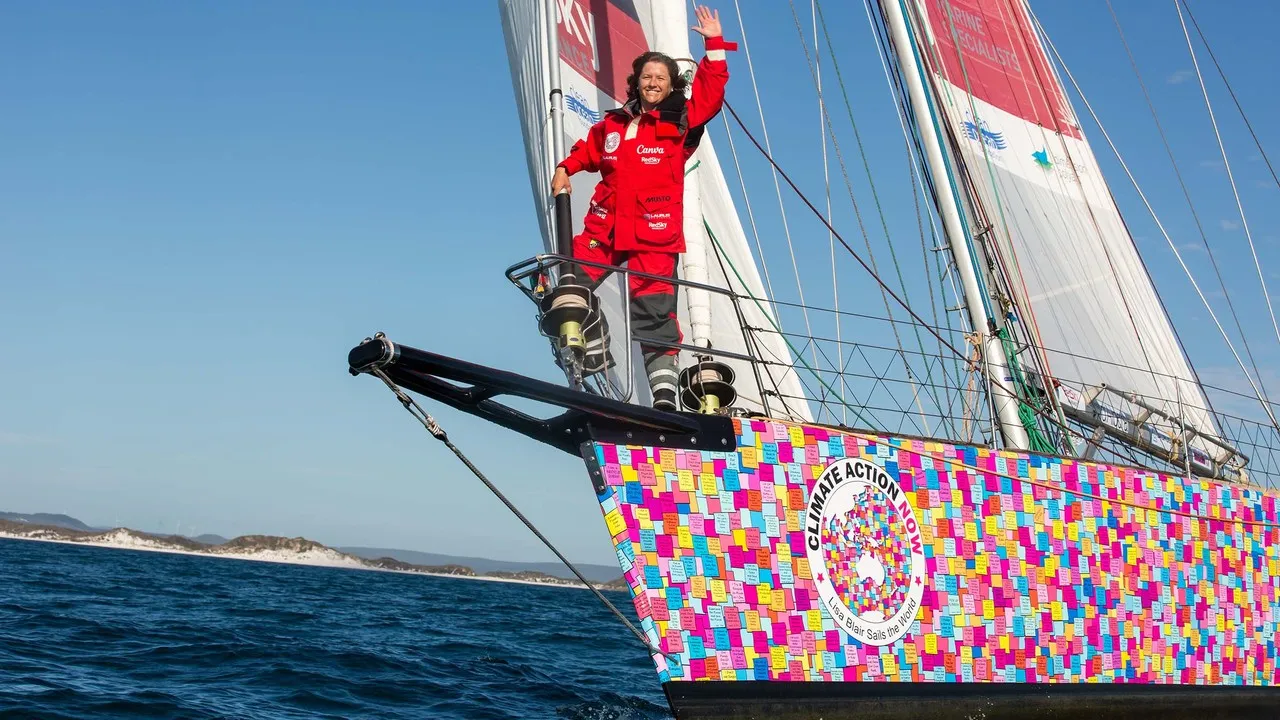
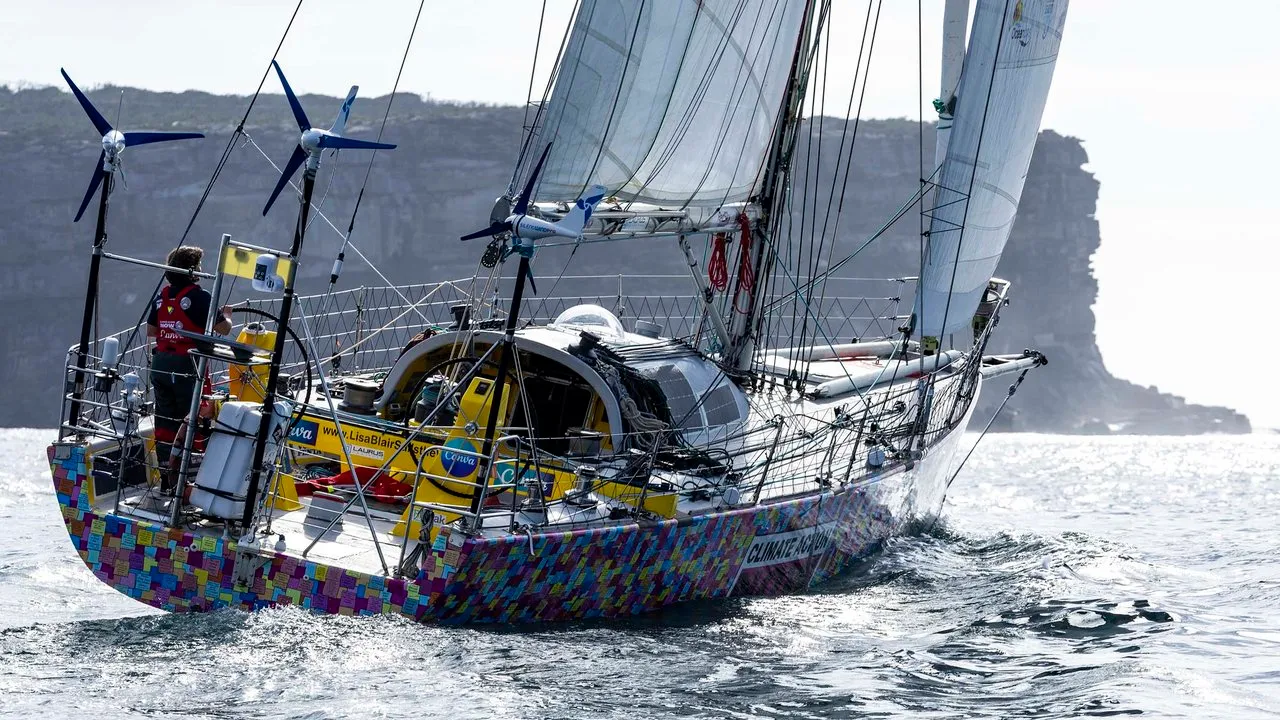
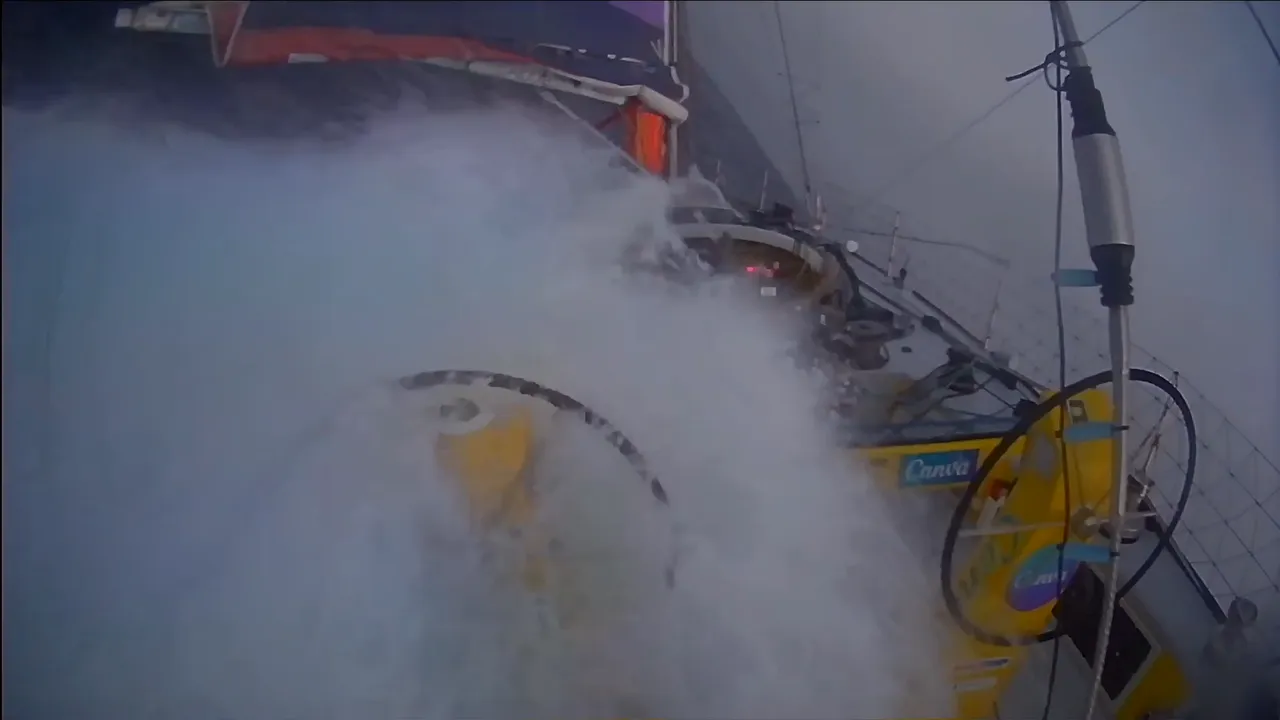
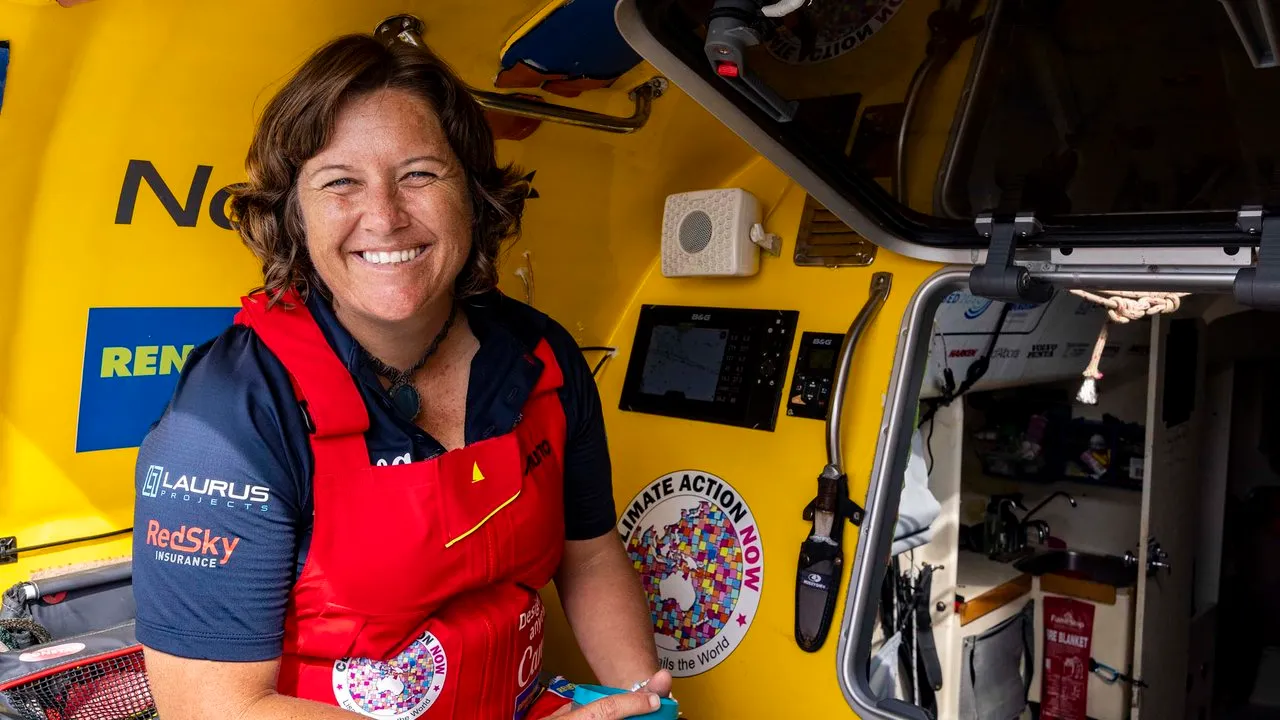
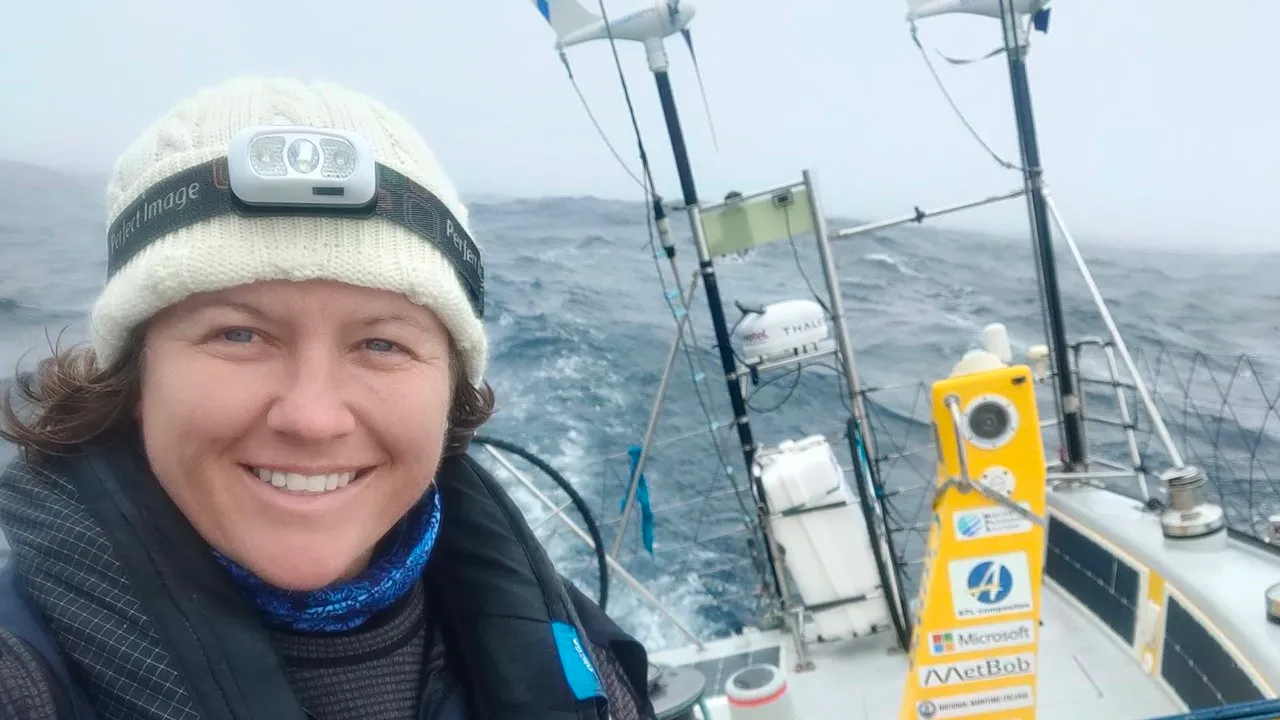
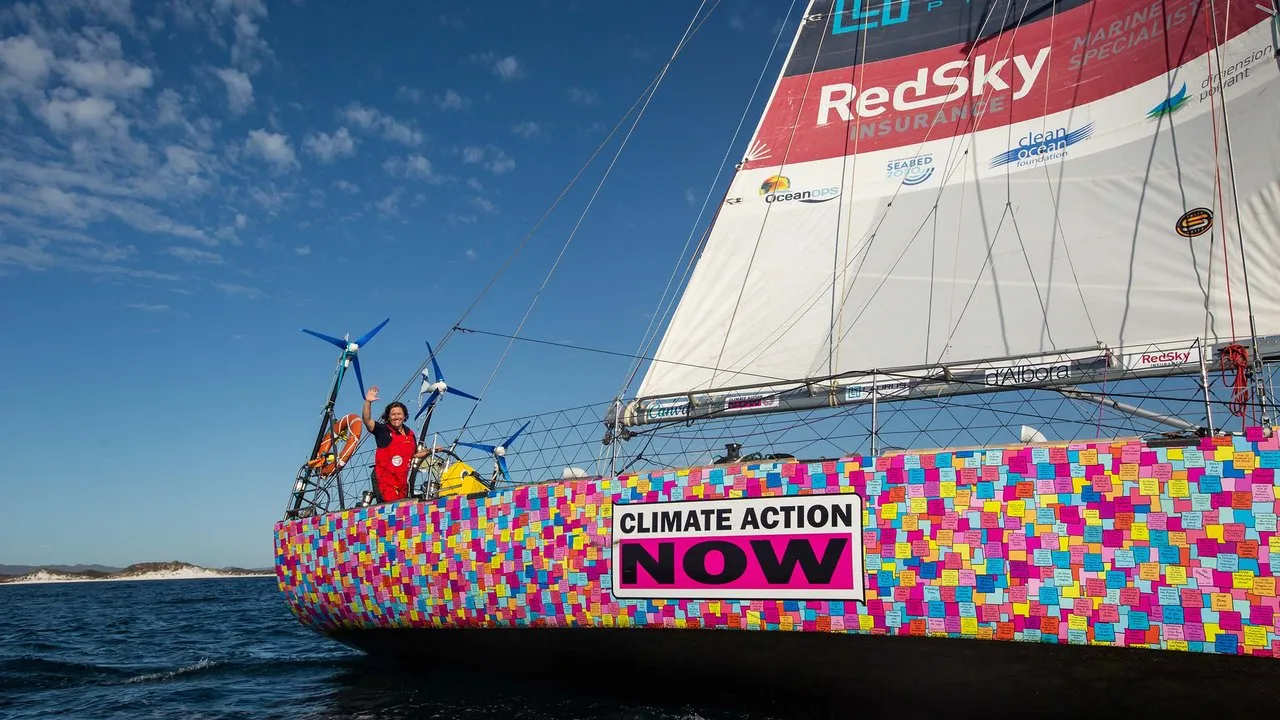
)
)
)